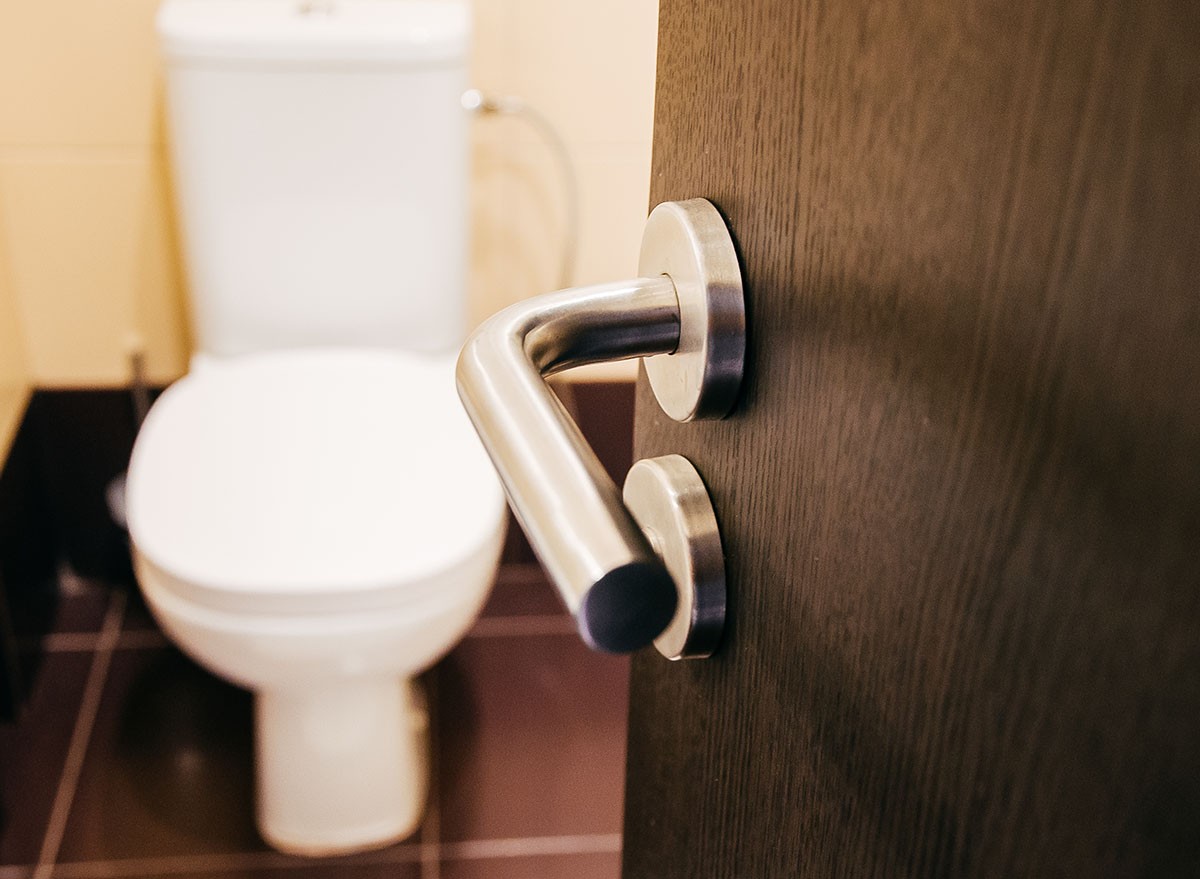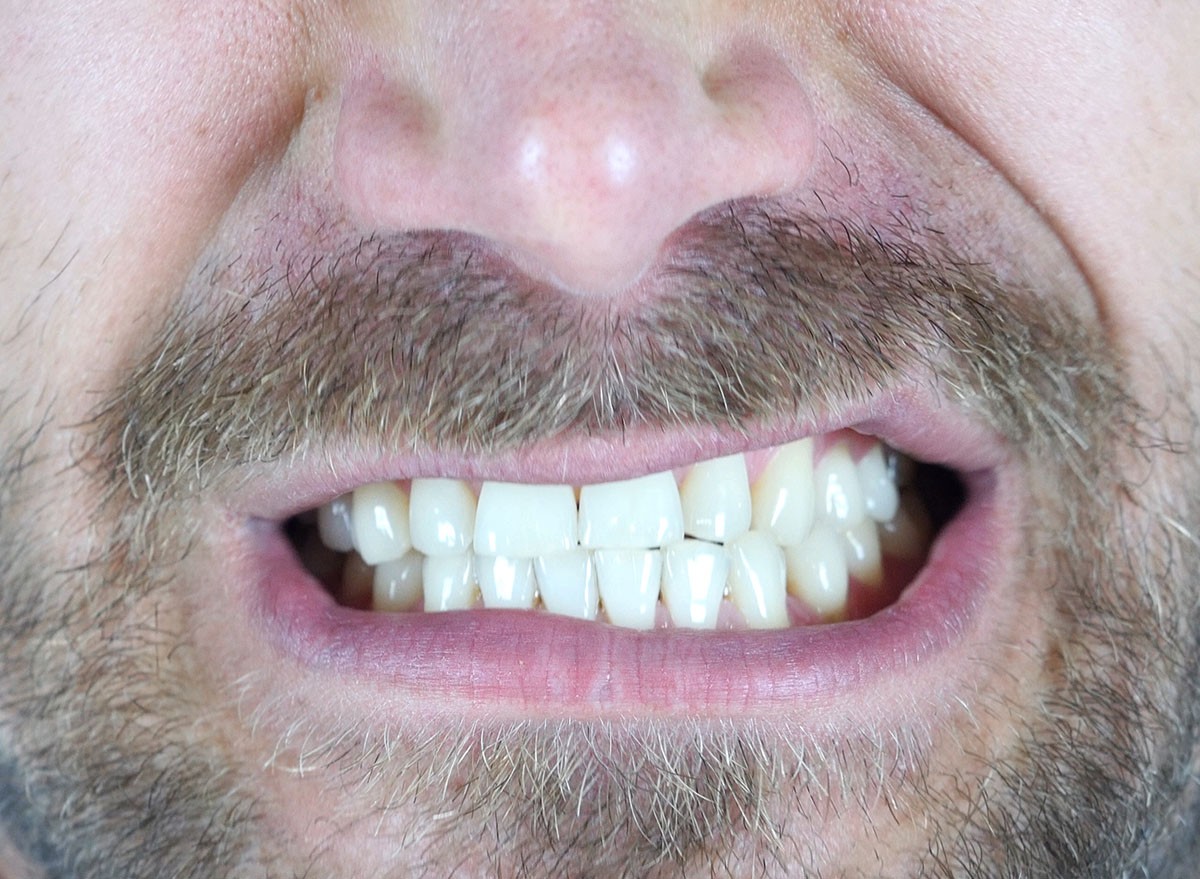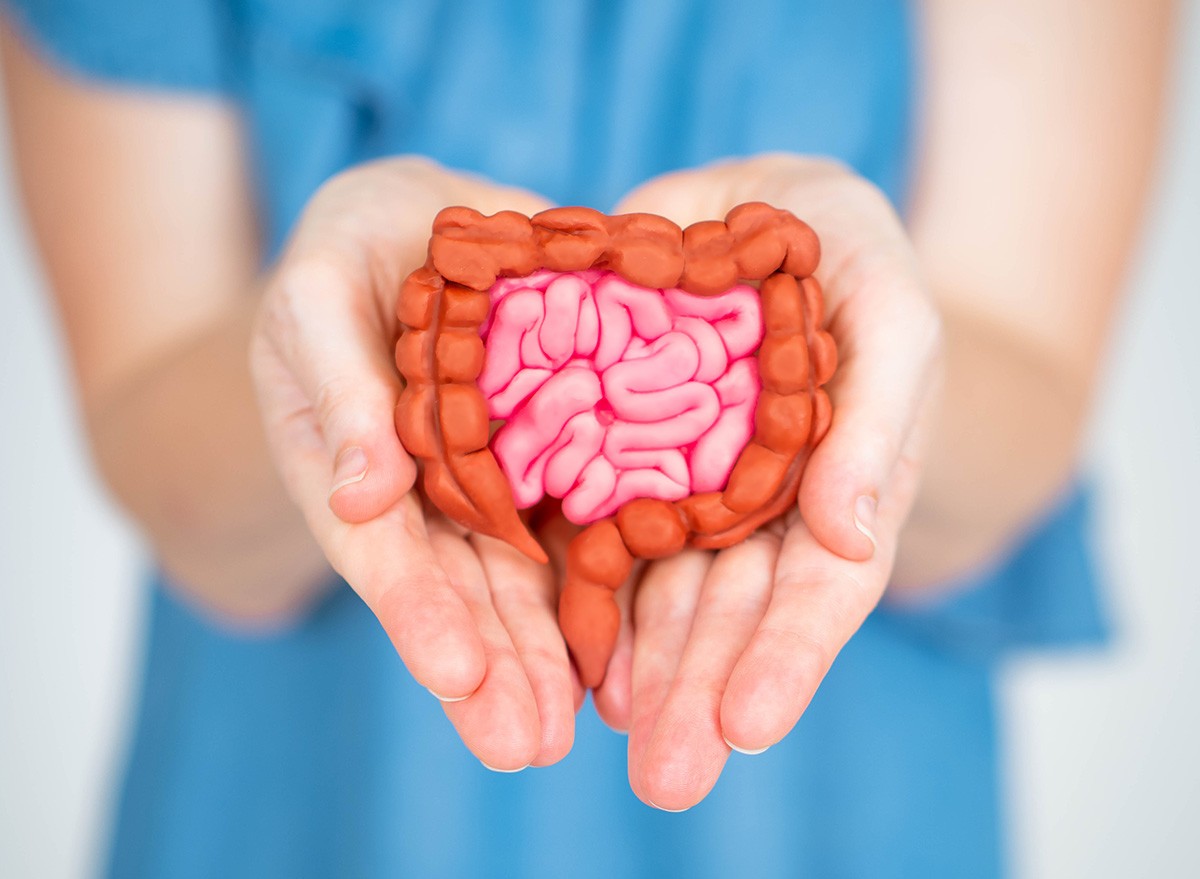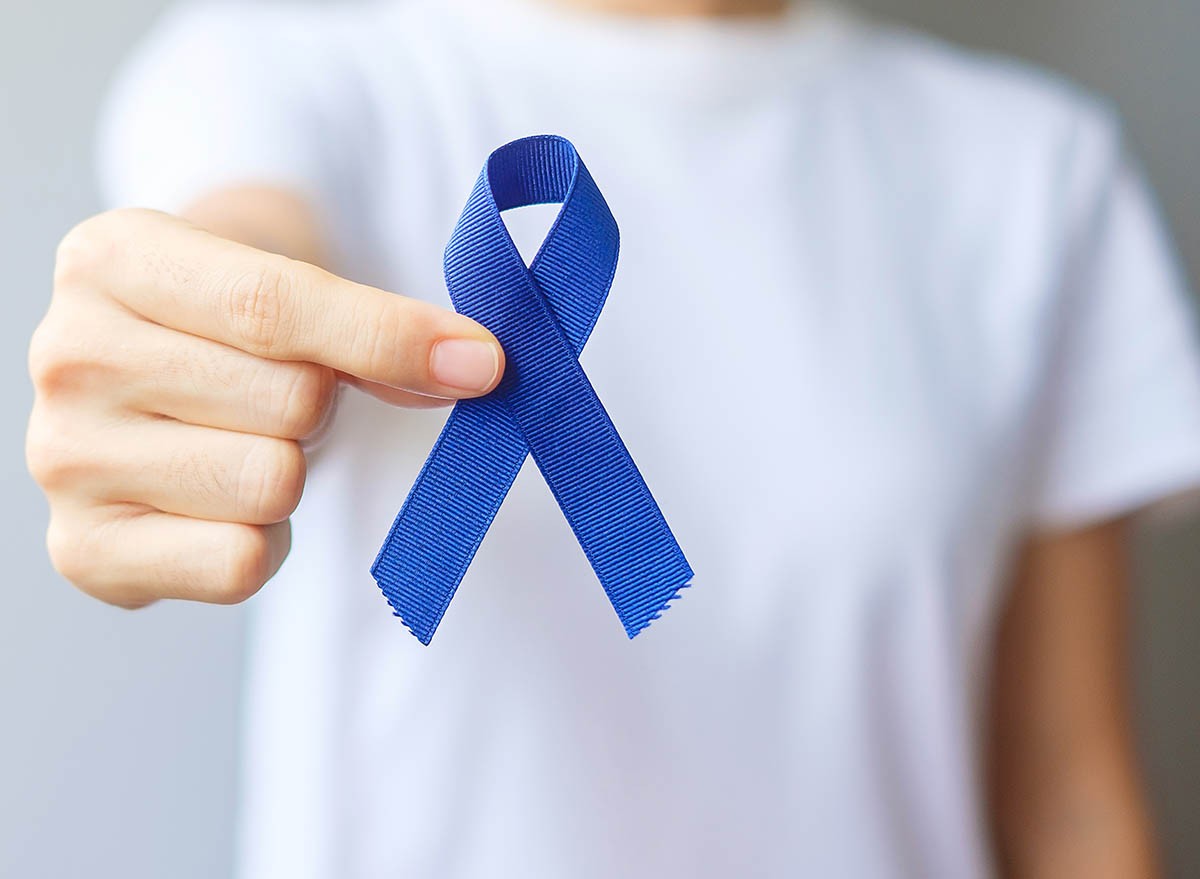20 Signs You're Getting Too Much Sodium

Ever grabbed a bag of chips, only to finish the whole thing without thinking? You're not alone. Hidden sodium lurks in many of our favorite foods, and the effects can be more serious than just a salty aftertaste. Dr. Alan Mandell, a popular health expert with over 9 million YouTube subscribers, breaks down the surprising signs that you might be consuming too much sodium. Read on to discover if you're experiencing any of these warning signals – and learn what you can do about it.
Increased Thirst
https://www.youtube.com/watch?v=gG964s4J4Ww
"Excessive salt intake will cause dehydration, leading to increased thirst," Dr. Mandell explains in his post. If you find yourself constantly reaching for water, your sodium intake might be to blame. While elevated blood sugar can also trigger thirst, high sodium levels make your brain signal your body to drink more.
Nighttime Bathroom Trips

According to Dr. Mandell, even if you try to limit water before bed, high sodium levels force your kidneys to work overtime trying to excrete the excess salt, leading to increased nighttime urination.
Bloating and Swelling

Dr. Mandell warns that excessive sodium causes water retention, leading to visible swelling in your stomach. This retention isn't limited to your midsection – you might notice puffiness in your hands, feet, and face as well.
High Blood Pressure

"Most of us already know that if we're eating too much sodium, it can raise our blood pressure," Dr. Mandell notes. This elevation isn't just a number – it can affect multiple organs, including your eyes, kidneys, heart, and brain.
Frequent Headaches

Those persistent headaches might have a surprising culprit. Dr. Mandell strongly recommends reducing sodium intake if you're experiencing frequent headaches or migraines, as high salt levels can trigger these painful episodes.
Unusual Fatigue

Feeling unusually tired? Dr. Mandell explains that excessive salt can disrupt your body's electrolyte balance, leading to persistent fatigue and low energy levels throughout the day.
Muscle Cramps

According to Dr. Mandell, too much sodium throws off your electrolyte balance, which can lead to increased muscle spasms and contractions, resulting in painful cramps.
RELATED: 8 High-Protein Foods with Nearly Zero Calories That Melt Fat
Difficulty Concentrating

High sodium levels can affect your cognitive function, Dr. Mandell points out. If you're having trouble focusing or concentrating, your salt intake might be contributing to the problem.
Rapid Heart Rate

Dr. Mandell cautions that excessive sodium can elevate your heart rate and potentially strain your cardiovascular system, creating unnecessary stress on your heart.
Shortness of Breath

"Consuming too much salt can contribute to fluid retention in the lungs," Dr. Mandell warns. This fluid buildup can lead to breathing difficulties and shortness of breath, especially during physical activity.
Dry Mouth

If you're experiencing persistent dry mouth, Dr. Mandell notes that excessive salt intake could be making the condition worse. This dryness can extend to throat discomfort as well.
Skin Problems

Your skin might be telling you something about your sodium intake. Dr. Mandell explains that high sodium levels can worsen conditions like psoriasis and eczema, leading to more frequent flare-ups.
Digestive Issues

Dr. Mandell points out that excessive salt can lead to various digestive problems, including acid reflux, constipation, and bloating. These issues can cause significant discomfort and affect your daily life.
Kidney Problems

"Salt places additional strain on the kidneys," Dr. Mandell cautions. Over time, this added stress can potentially lead to kidney problems and increase your risk of developing kidney stones.
Increased Risk of Osteoporosis

According to Dr. Mandell, high sodium intake can increase calcium excretion from your body, potentially affecting bone health and raising the risk of osteoporosis over time.
Unexplained Weight Gain

Even if you're watching your calories and exercising regularly, Dr. Mandell explains that excess sodium can cause your body to retain significant amounts of water weight, making it harder to see results from your diet efforts.
Sugar Cravings

Dr. Mandell notes that high sodium levels often lead to increased cravings for sugary drinks as your body tries to quench its thirst, creating a cycle of unhealthy consumption.
Sleep Problems

Having trouble sleeping? Dr. Mandell reveals that excessive sodium can cause distension in your belly and throat, potentially increasing snoring and disrupting healthy sleep patterns.
Joint Pain

According to Dr. Mandell, high salt intake can lead to inflammation and swelling around joint capsules, resulting in increased joint pain and discomfort.
RELATED: 12-3-30 Walking Method: 20 Proven Tips to Lose Weight Faster
Increased Cancer Risk

Perhaps most concerningly, Dr. Mandell shares that some studies suggest high-salt diets may be linked to an increased risk of stomach cancer. While the exact mechanisms aren't fully understood, excessive salt intake could potentially damage the stomach lining.
As Dr. Mandell underlines, it's not just about the salt shaker – many processed and packaged foods contain hidden sodium that can add up quickly. By being mindful of these warning signs and checking food labels, you can take control of your sodium intake and protect your health. And if you enjoyed this article, take advantage of these 15 Quick Ways to Lose Body Fat Percentage in a Week.




